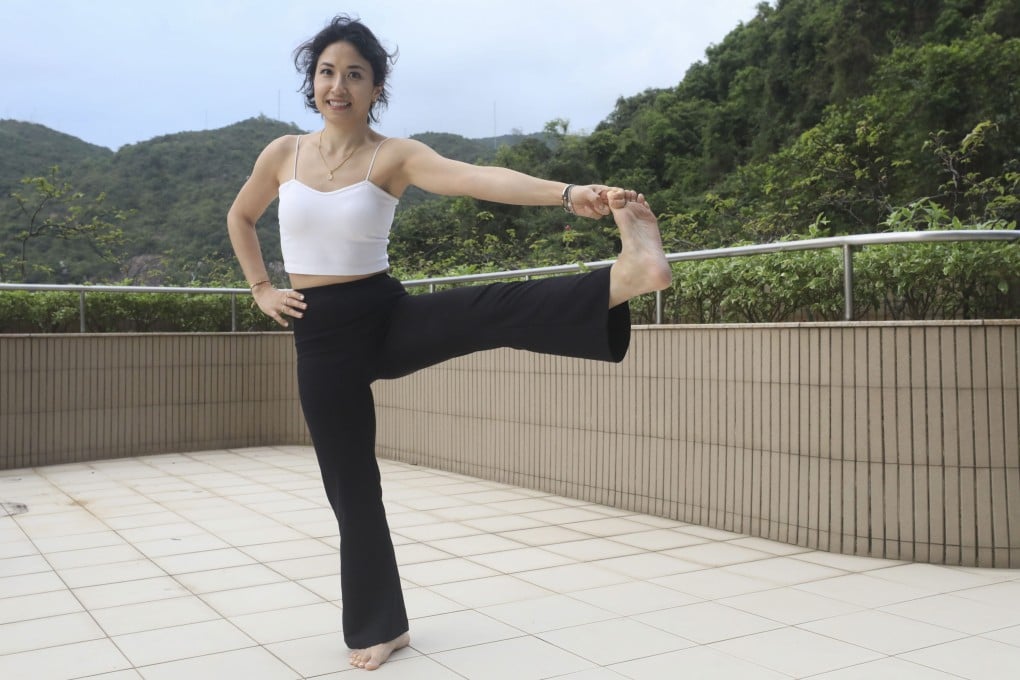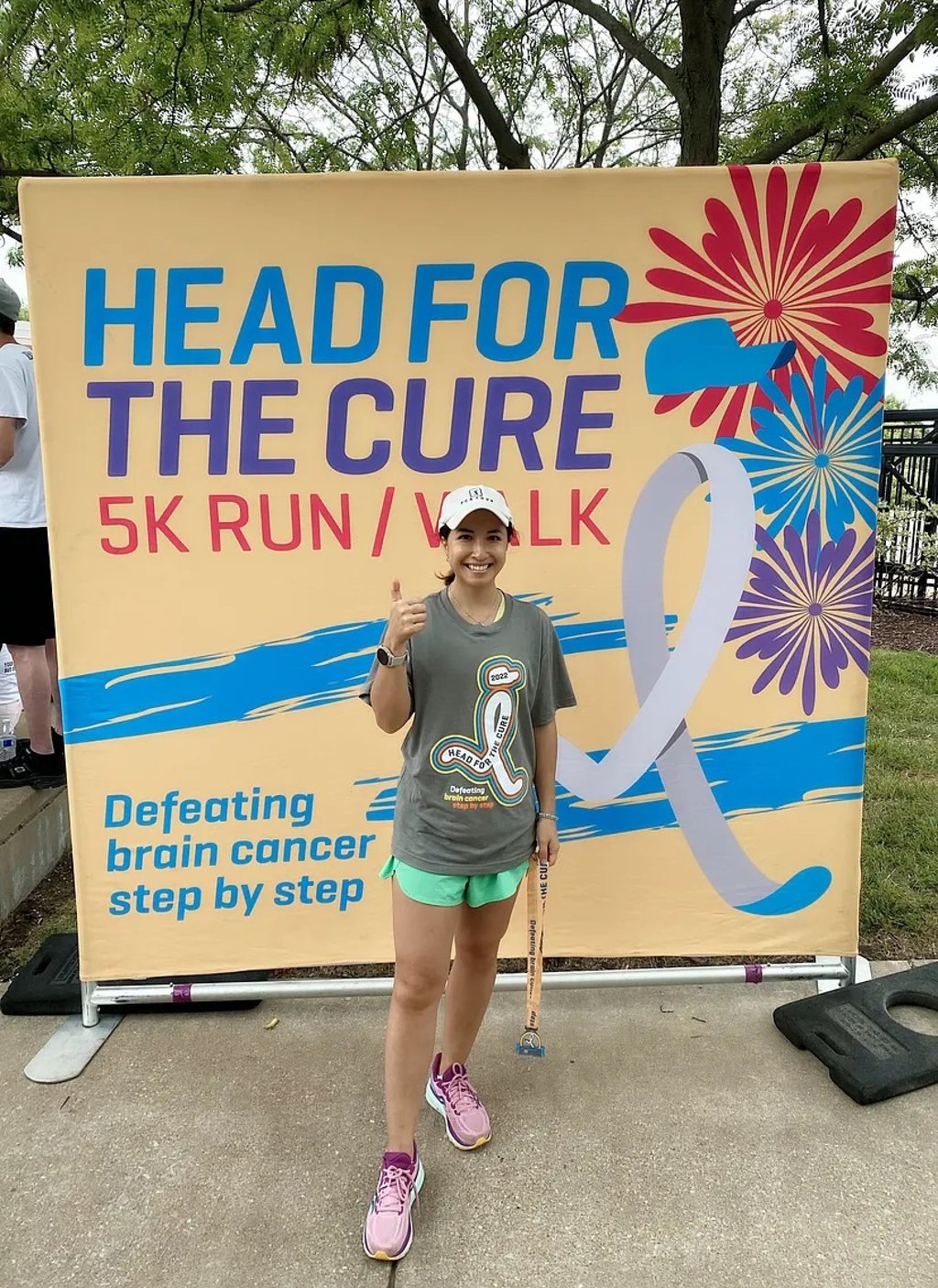Young brain cancer survivor credits her Buddhist faith and yoga practice for her recovery
- Surgeons removed a tangerine-sized tumour from Elaine Tsang’s brain two years ago; thanks to faith, yoga and a diet change she is thriving

On a visit to a Buddhist monastery in St Louis, in the US state of Missouri, in April, 2022, Elaine Tsang’s world turned upside down.
She suffered a seizure and was rushed to hospital, where she was diagnosed with glioblastoma, the most aggressive and most common type of brain cancer. The prognosis for survival is poor.
Surgeons later removed a grade 4, fast-growing tumour the size of a tangerine.
“The diagnosis came as a shock to me. I had gone with my family to visit the monastery that I grew up visiting as a part of my Buddhist faith,” says Tsang, a trained psychotherapist and former marketing executive in her mid-thirties, who was born in Hong Kong, grew up in St Louis, and now divides her time between the two cities with her husband.

“There had been signs that something was wrong,” she recalls. “I lost my peripheral vision on the right side a year before I was diagnosed and ignored it. I had a blackout in Sheung Wan MTR station [in Hong Kong] a few months before.”
Tsang’s doctor warned that after surgery there was a chance she would be unable to walk or talk again, and could suffer memory loss.
